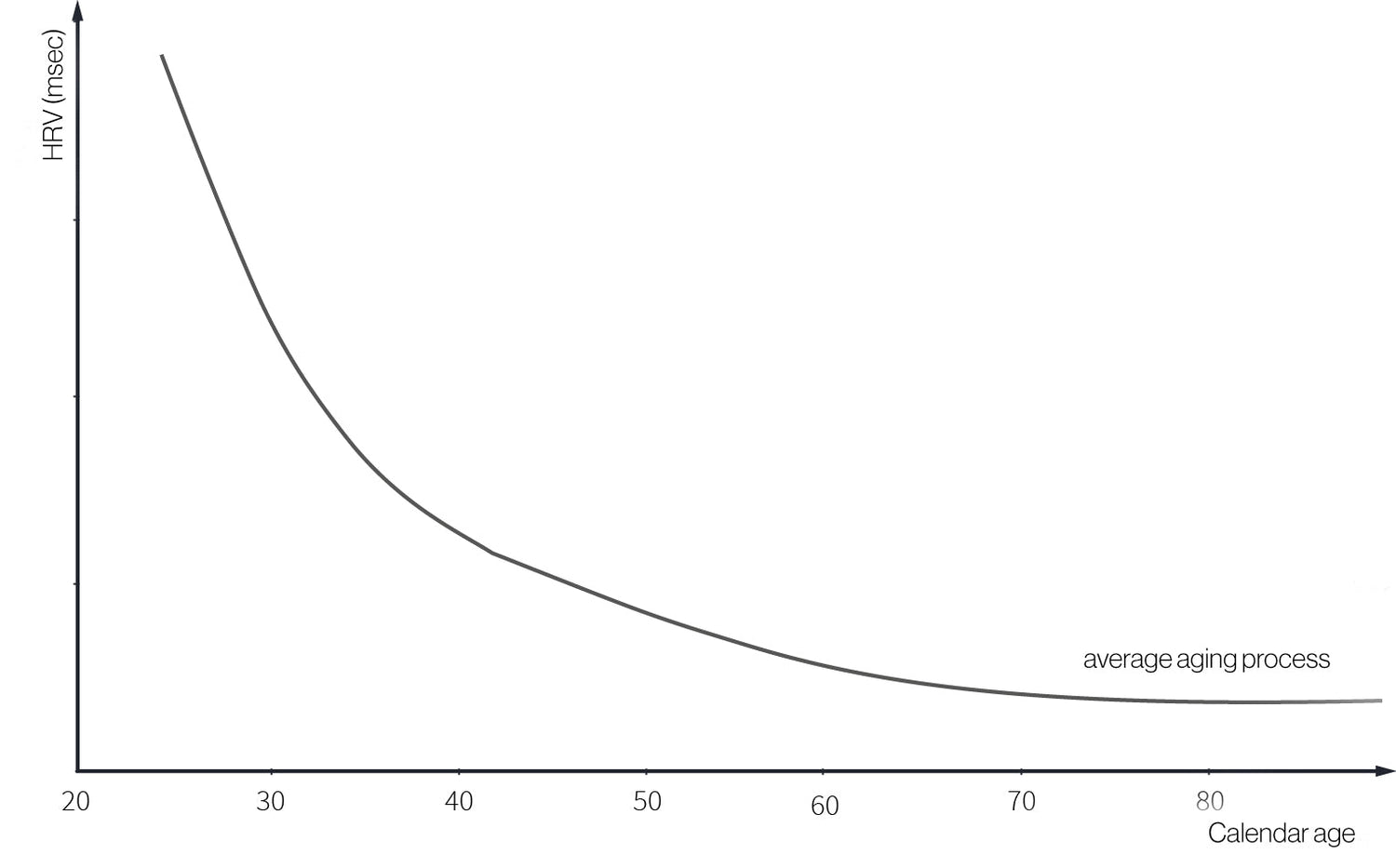Heart Rate Variability (HRV), an often overlooked health indicator, could be the key to unlocking enhanced wellness and peak performance. A growing body of research suggests that by tracking and optimizing your HRV, you could vastly improve your life.
Understanding HRV
Before we delve into the benefits of tracking HRV, let's briefly explain what it is. Heart Rate Variability refers to the variation in the time interval between consecutive heartbeats. Unlike a simple heart rate measurement that counts the number of beats per minute, HRV analyses the precise changes between successive heartbeats.
In simple terms, a high HRV indicates a healthy, robust, and responsive cardiovascular system and nervous system. In contrast, a low HRV can suggest chronic stress, fatigue, or even underlying health issues.
The Benefits of Tracking HRV
The following are the key reasons why tracking HRV can positively impact your life.
1. Stress Management
Understanding your HRV can provide a valuable glimpse into your body's stress levels. Chronic stress can lead to a lower HRV. By monitoring HRV trends, you can detect periods of high stress and take preventative measures before it severely impacts your health.
2. Enhanced Athletic Performance
For athletes and fitness enthusiasts, HRV is a vital biofeedback tool. It can indicate the body's response to physical stress and recovery rates. Overtraining can lead to a decline in HRV, signaling the need for rest and recovery. Regularly tracking HRV can help athletes avoid overtraining, optimize their workouts, and ultimately enhance their performance.
3. Improved Sleep Quality
There's a strong link between HRV and sleep quality. Lower HRV scores can indicate poor sleep quality or sleep disturbances. By tracking your HRV, you can identify potential sleep issues and make necessary lifestyle or routine adjustments to improve your sleep quality and overall health.
4. Mental Health Awareness
Emerging research suggests a connection between HRV and mental health. Lower HRV has been associated with conditions like anxiety and depression. Monitoring HRV can act as a preventive tool, highlighting when to engage in activities that improve mental health, such as meditation, yoga, or therapy.
5. Better Understanding of Overall Health
HRV is a window into the functioning of your autonomic nervous system, which controls many of your body's automatic functions like digestion, heart rate, and blood pressure. Regular tracking can help you understand the underlying patterns of your health and act accordingly.
How to Track HRV
Thanks to advances in wearable technology, tracking your HRV has become increasingly accessible. Fitness trackers, smartwatches, and dedicated HRV monitors can provide you with daily readings and help you monitor trends over time.
Keep in mind, though, that while tracking HRV can provide significant insights, it's not a standalone diagnostic tool. Always consult with healthcare professionals for any concerns or symptoms.
Conclusion
In a world increasingly focused on personalized health, tracking your HRV can provide valuable insights into your body's internal workings, your stress levels, recovery rates, and even your mental health. Regular HRV tracking, coupled with professional medical advice, can help you make lifestyle changes that bring significant improvements to your overall well-being. By gaining a better understanding of your health, you can truly unlock your body's potential and improve your life.







